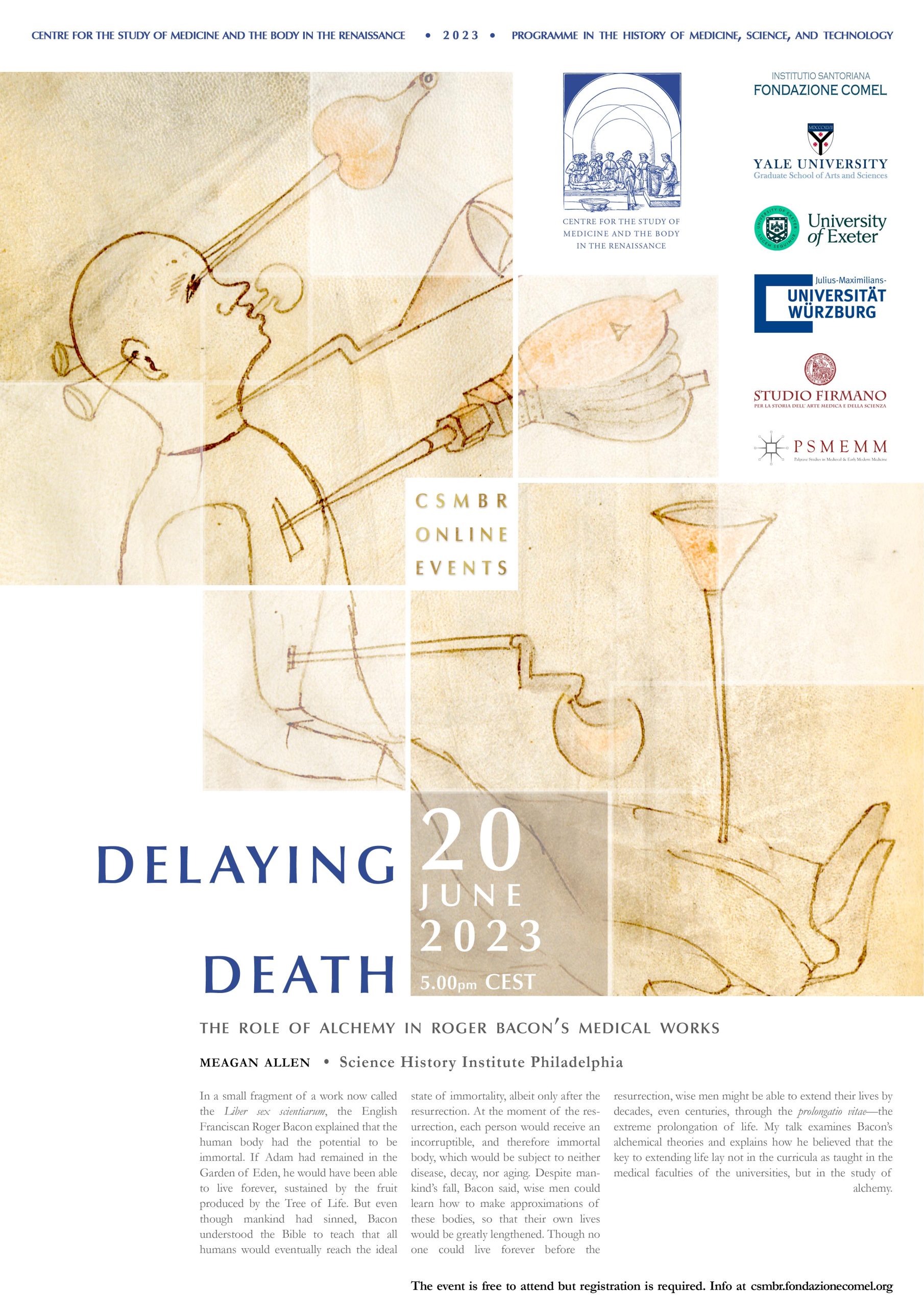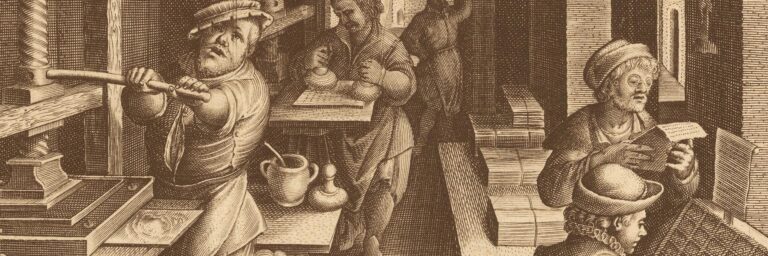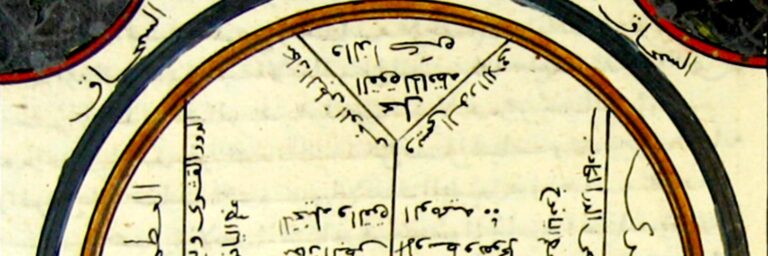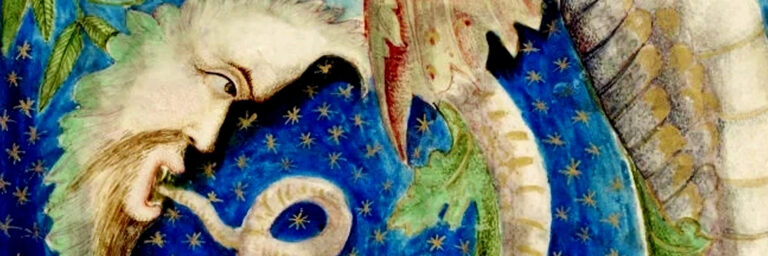Delaying Death
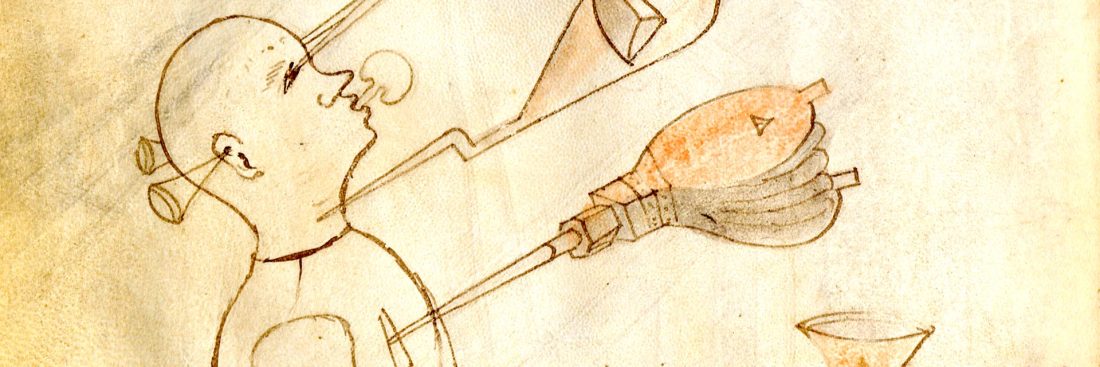
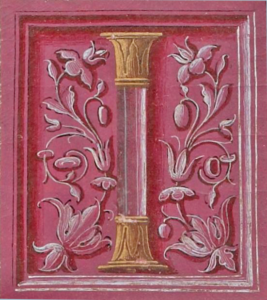
Delaying Death
The Role of Alchemy in
Roger Bacon's Medical Works
Meagan Allen
20 June 2023 – 5 PM (CEST)
In a small fragment of a work now called the Liber sex scientiarum, the English Franciscan Roger Bacon explained that the human body had the potential to be immortal. If Adam had remained in the Garden of Eden, he would have been able to live forever, sustained by the fruit produced by the Tree of Life. But even though mankind had sinned, Bacon understood the Bible to teach that all humans would eventually reach the ideal state of immortality, albeit only after the resurrection.
At the moment of the resurrection, each person would receive an incorruptible, and therefore immortal body, which would be subject to neither disease, decay, nor aging. Despite mankind’s fall, Bacon said, wise men could learn how to make approximations of these bodies, so that their own lives would be greatly lengthened. Though no one could live forever before the resurrection, wise men might be able to extend their lives by decades, even centuries, through the prolongatio vitae—the extreme prolongation of life.
My talk examines Bacon’s alchemical theories and explains how he believed that the key to extending life lay not in the curricula as taught in the medical faculties of the universities, but in the study of alchemy.
Though twelfth- and thirteenth-century alchemy was generally concerned with the transmutation of metals, Bacon’s alchemy was a much larger area of study, encompassing the generation and corruption of all material things in the sublunary world. It was this aspect of alchemy, which Bacon referred to as speculative alchemy, that explained how the four elements interacted with each other to make the basis of reality.
Thus, the study of alchemy in conjunction with humoral medicine could explain not only how the human body worked, but how it interacted with the materials around it, illuminating the method of prolonging life to extreme lengths.
About the Speaker ...
Meagan S. Allen is Cain Postdoctoral Fellow at the Science History Institute in Philadelphia.
Her research focuses on the intersection of alchemy and medicine, particularly in the writings of the Franciscan Roger Bacon (d.1292). She completed her PhD at Indiana University in 2021 with the dissertation “Roger Bacon’s Medical Alchemy: Medieval Pharmacology and the Prolongatio Vitae” which received the Santorio Award for Excellence in Research 2022. Since then she has held visiting fellowships at Corpus Christi College, Oxford, and the Max Planck Institute for the History of Science in Berlin, Germany. She has published several articles on the history of alchemy and her first monograph, Roger Bacon and the Incorruptible Human, 1220–1292: Alchemy, Pharmacology, and the Desire to Prolong Life was published with Palgrave MacMillan – Springer in 2022.



